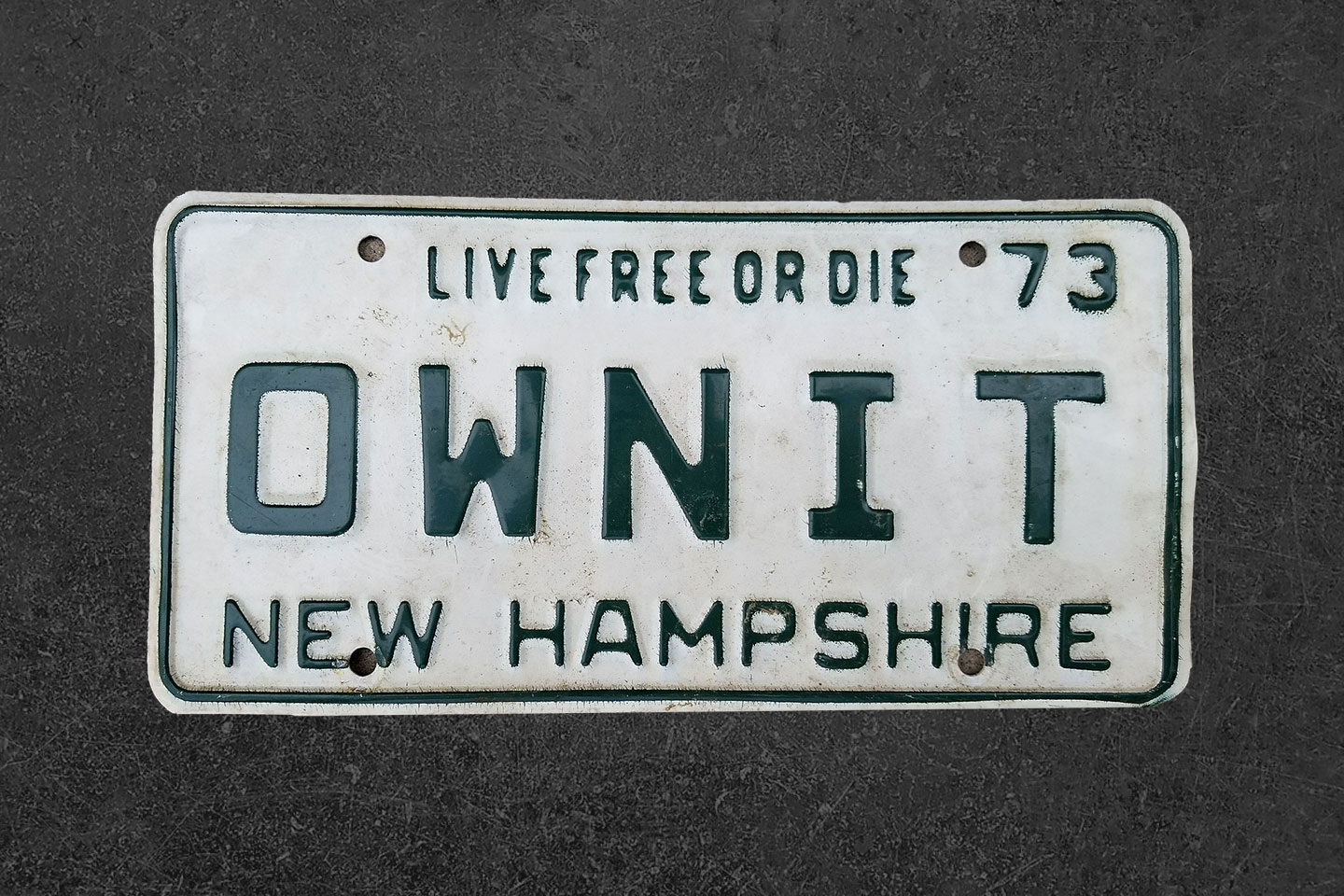About a month ago, two Black-owned banks merged, making the combined institution, City First Bank, the largest in the nation… and approximately the 1000th-largest bank in the US. This reflects the relatively good news of dynamism in banking focused Black economic empowerment and the gravity of the challenge. We wrote “More Money, Fewer Problems” to spark ideas on how fintech could make an impact here.
The wealth gap is BIGGER today than it was 30 years ago! White Americans are 5–7x richer than Black Americans. The median white person earns 50% more than the median Black person. Black households with a college-educated head have less net worth relative to white households without a high school degree. Black-owned businesses represent approximately 10% of all US businesses, but only 1% of total sales.
Black-owned banks and approximately 50 years of financial policy to change this picture have made many — but tiny — victories. ShoreBank, the largest such institution (a casualty of the Great Recession and where I started this chapter of my career), and all its peers collectively serve about half a percent of the population by my back-of-the-envelope estimates — after half a century!
Alternative financial services (AFS), like check cashers and payday lenders, serve lower-income Black and brown people at scale, but with very high fees and only transactional products. While a $100 billion revenue sector, AFS are under perennial attack from consumer advocates’ policies, and more efficient mobile-first fintech interventions, from Oportun to Chime to Kikoff.
Big banks and big corporates — from JPM to Netflix — are taking real steps to address this problem. But it’s still a rounding error. I partnered with HBS grad Mickias Hailu to study the past of Black banking in order to imagine a better future. The result is “More Money, Fewer Problems: How Tech Can Reimagine Black Banking.” As technology has had truly massive and unsuspected positive impacts on every sector it touches, we wish to inspire even just one technology founder to do more, to do better for the economic well being of Black Americans. Our genuine hope is to spark an idea of how the arsenal of new fintech tools can do more than just another rounding error.
Let us know what you’re doing, and how we might help at moremoney@corevc.com.
Thank you to the incredible founders, business leaders and investors in our network for their insights: Core’s Kathleen Utecht and David Roos, Ram Palaniappan, Mary Houghton, Kahina Van Dyke, Jane Thompson, Jordan Wright, Jason Gross, Donald Hawkins, Jimmy Chen, Will Bumpus, Travis Holoway, Diishan Imira, Yaniv Kanfi, Aparicio Giddins, Hamet Watt, Peter Boyce, Jeff Bussgang, Megan Maloney, Jillian Williams, Rex Salisbury, Charles Turner, William Crowder, and Matthieu Hafemeister.
Also: What’s your North Star? Here’s Core’s. How greater college outcome transparency could make a huge dent.




